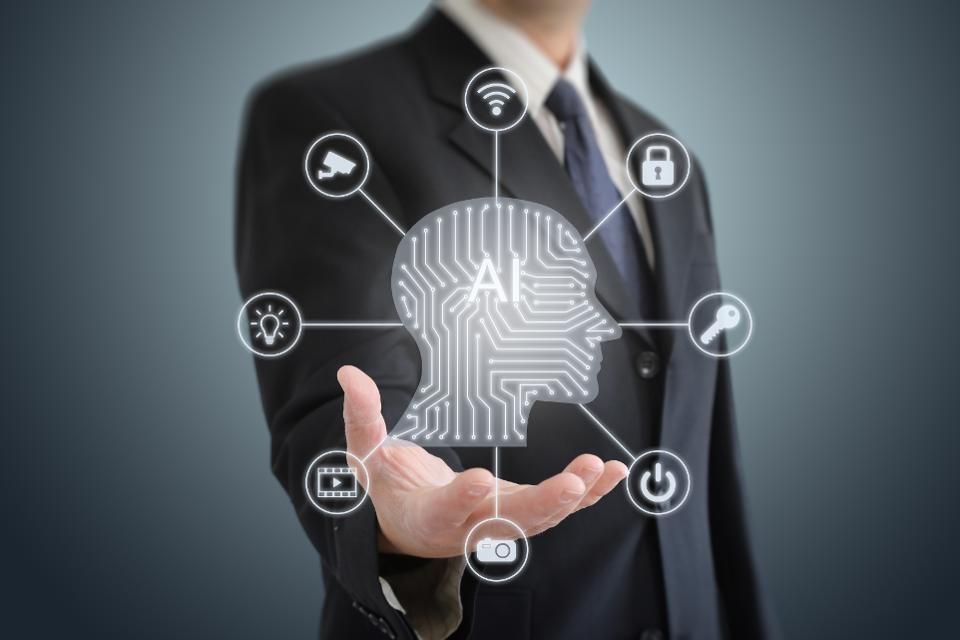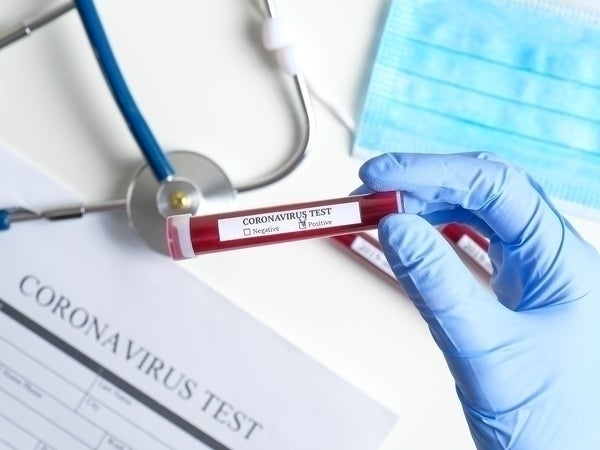From identification to finding, digitization is broadly being acknowledged as the new way to deal with medication.
Health care professionals and patients are rapidly grasping digital applications and trend setting technology to get to the base of an affliction.
However, can technology and man-made reasoning ever replace doctors?
“I don’t think at this stage, we are 100%, or even close to 100%, sure that AI can replace a historical high-touch type of doctor-patient relationship,” said Dr. Chun Yuan Chiang, a wellbeing professional and author of IHDPay Group, a health care payments firm.
“In terms of diagnostic aid, it’s a different category. So, I would say at the end of Day 4, the patient wants recovery,” he disclosed to CNBC’s Nancy Hungerford at a board talk at East Tech West gathering in the Nansha area of Guangzhou, China on Tuesday.
Changing landscape
All things considered, specialists state AI — characterized extensively as machines modified to copy human knowledge in zones, for example, critical thinking and learned conduct — has reshaped the medical landscape.
“We used to use x-rays to detect lung cancer. The problem is you can only go to stage 3 or stage 4 with x-ray,” said another individual from the board Dai Ying, boss advancement official for GE Healthcare in China.
“Now, with CT you can see all lung modules, and with AI can tell where it is and how big it is. It’s much more advanced than before,” he said alluding to figured tomography checks used to recognize ailments.
Finding of illnesses and sicknesses is being done remotely nowadays. Health care suppliers are associated through brought together systems that can screen patients remotely. In any case, would ai be able to swap a specialist’s visit for those that are remote?
“We are building telemedicine in our apps today where you can consult a doctor from the convenience of your homes, not for emergency,” said Jai Verma, CEO and board individual from insurance agency Cigna DIFC, and worldwide head of government arrangements at Cigna International. “I think AI, internet of things, are going to change the way we deliver health care in the future.”
Verma additionally accepts that alongside AI, blockchain innovation will make it simpler for heath care companies, experts and patients to share medical records, and that numerous insurance agencies are as of now taking a gander at incorporating blockchain into their cutting edge systems.
Blockchain, the innovation behind digital forms of money like bitcoin, is an open record of each exchange that has occurred.
Fraud and expenses
As human-care suppliers furrow millions into AI-controlled machines, blockchain and other costly imaginative innovations to improve the eventual fate of medication, there are worries that social insurance expenses could go up.
Specialists think something.
“I think the technology is going to help us streamline the operations and reduce our operating costs,” said Verma, calling attention to that most costs nowadays are related with manual work. “AI would help you to make it automated, so the future systems are going to help reduce your costs.”
In China, one of the biggest health care markets on the planet, Dai said AI can assume a significant job in improving proficiency for the emergency clinics. “I don’t think AI is all the time adding to costs,” he said. “In most cases, it saves the costs.”
Be that as it may, worries about extortion and information security persevere as therapeutic records get traded electronically.
Verma, who works for safety net provider Cigna, noticed that numerous individuals abuse medicinal services characters. “We lost a lot of money on fraud with people using the (ID) card and accessing the care for someone else,” he said including that scattering of inaccurate medication is a major hazard with digitization.
Chiang called attention to that proficiency can be achieved by averting extortion or good dangers, and that his company is focused on security and validation. “We provide a platform that everybody can use … to make sure it’s the right doctor, real doctor, real pharmacists, real drug, real insured person etc.”
Disclaimer: The views, suggestions, and opinions expressed here are the sole responsibility of the experts. No Graph Daily journalist was involved in the writing and production of this article.



